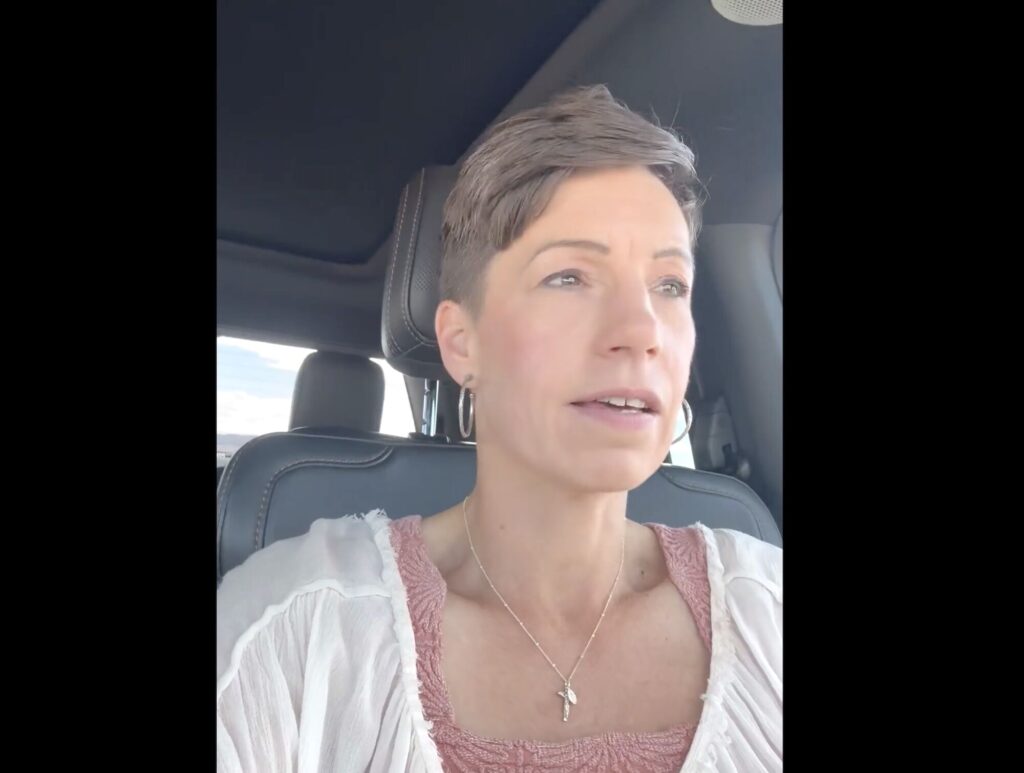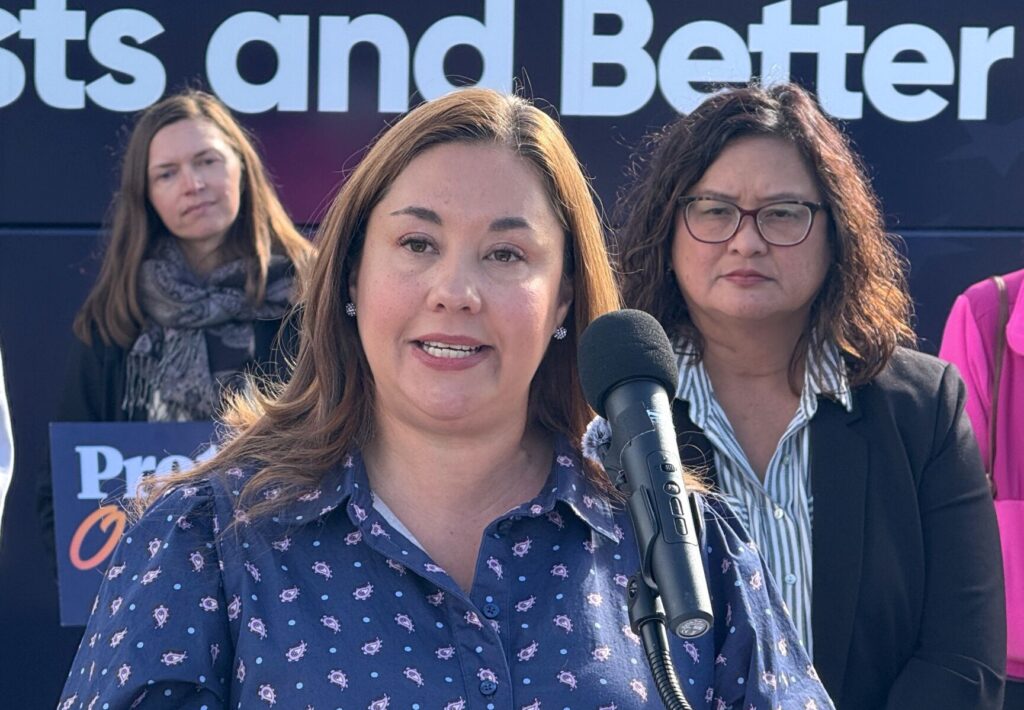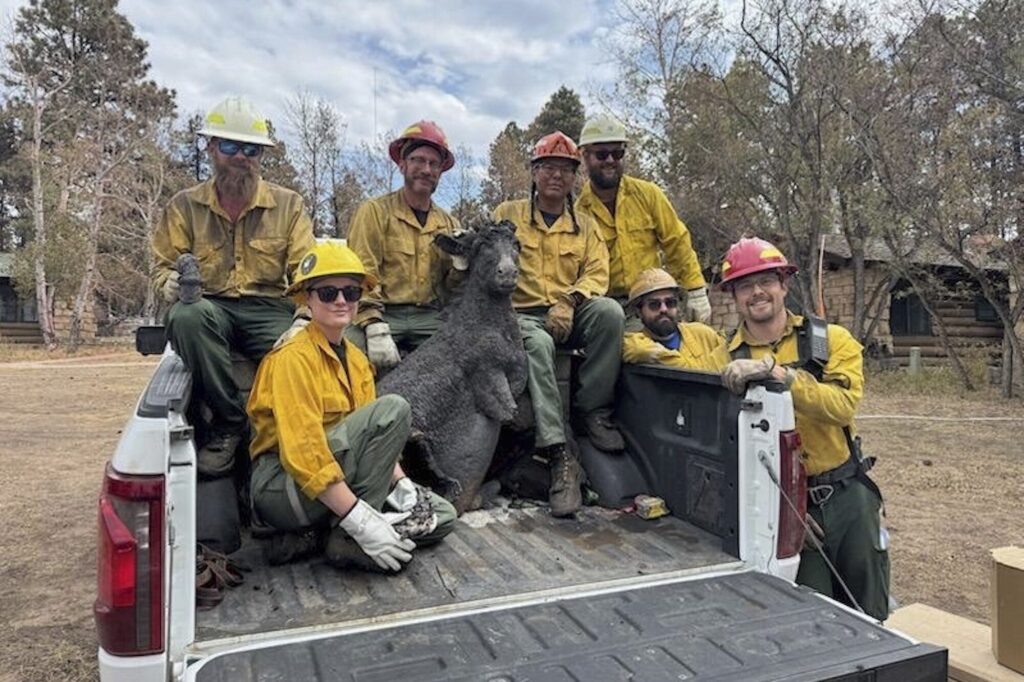Dave Williams to lead state GOP, white men dominate Colorado’s appellate oral arguments | WHAT YOU NEED TO KNOW

Today is March 13, 2023 and here is what you need to know:
Colorado Republicans on Saturday elected Dave Williams, a former state lawmaker from Colorado Springs who insists that former President Donald Trump won the 2020 presidential election, to lead the state party for the next two years.
“We need a wartime leader who will boldy articulate our conservative, America-first agenda while going toe-to-toe with the radical Democrats every chance we get,” Williams said in a combative speech before the first round of voting at a party meeting in Loveland.
Williams takes control of a Republican Party riddled with infighting and reeling from a string of losses in a state whose voters elected Democrats to every statewide office in last year’s midterm election.
Blaming the party’s recent poor performances on “feckless leaders who are ashamed of you and ashamed of our principles,” Williams quoted Ronald Reagan’s call for “bold colors, not pastels” and vowed to build a clear contrast with the opposition.
He’s no stranger to confrontational politics.
Williams lost a bid last summer to unseat U.S. Rep. Doug Lamborn in the GOP primary after trying to include “Let’s Go Brandon,” a phrase deriding President Joe Biden, along with his name on the ballot.
When Colorado’s chief justice appeared before the legislature in early January, he boasted about the progress in diversifying the state’s bench, thanks to a variety of initiatives meant to bring more women and lawyers of color into judgeships.
However, when judges are looking back at the lawyers arguing before them, they are not necessarily seeing the same thing.
Colorado Politics analyzed the race and gender of all lawyers who participated in oral arguments during 2022 in the state’s Supreme Court and Court of Appeals. A total of 85 attorneys argued before the Supreme Court, while 657 argued to the Court of Appeals.
In each venue, white and male attorneys dominated. Ninety-four percent of those who argued before the Supreme Court appeared to be white and 67% were men. For the Court of Appeals, white attorneys were 91% and men were 65% of those making arguments.
“It means that the legal profession is behind in taking the steps needed to promote our profession to resemble society,” said Jeffrey M. Kane, who argued a civil case before the Court of Appeals last year. “The fact that reporters and the public and our profession are having to ask that question in 2023 tells us that our profession and legal system have a problem that should be addressed with much more urgency than I believe it has been.”
Not all lawyers who spoke to Colorado Politics share that level of concern. Some do not believe the race and gender of those arguing before an appellate court make a difference to the outcome. Others suggested the focus is better placed elsewhere, such as the demographics of the judges hearing an appeal.
“Conventional wisdom is that oral argument plays only a very small part (and usually no part at all) in the outcome of a case,” said Amy K. Hunt, who argued before the Court of Appeals last October.
In the first year of the pandemic, Colorado’s 100 hospitals accepted a total of $1.2 billion in direct relief under the CARES Act. Hundreds of millions more were given in grants to offset the cost of retaining staff and in advance payments for Medicare patients which were to be paid back.
But now, looking back, significant questions have emerged whether the large, wealthy Colorado hospitals truly needed the money.
And despite alarm bells at the time from the Colorado Hospital Association, predicting upwards of $7 billion in losses by 2021 and possible forced closures, reviews of financial records and state policy reports by The Denver Gazette show that during the pandemic the rich hospitals simply got richer, especially as time went on and revenues bounced back.
In part it goes back to how the CARES money was initially doled out. The U.S. Department of Health and Human Services based allocations on previous Medicare payments and hospital revenue. It was a calculation, borne out of urgency and uncertainty, that was supposed to be a predictor of hardship.
But, in fact, the math rewarded wealthier hospitals while the state’s struggling smaller, rural and community hospitals got much less and arguably needed it more.
After two days of debate and filibuster, the Democrats who control the majority in both chambers of the Colorado General Assembly approved a package of proposals they say will help curb gun violence in the state.
The House on Saturday signed off on House Bill 1219, which establishes a three-day waiting period after purchasing a firearm but before delivery of that weapon.
House Republicans staged a filibuster on the bill for 14 hours, beginning early Thursday afternoon and continuing into early Friday morning. The most significant change to the bill came from a Republican-sponsored amendment to remove its safety clause, which would have allowed the measure to become law with the governor’s signature. Instead, HB 1219 now has a petition clause, which would allow citizens to petition for a ballot measure for voters to decide on the law as soon as the 2024 general election.
That mechanism has only been used twice since 1932 – on a bill that year on oleomargarine, and in 2020, when two Republicans now in the state House launched a campaign to overturn Colorado’s participation in the national popular vote. That campaign made it to the 2020 ballot but voters approved the legislature’s decision.
Lawmakers avoided a filibuster on Saturday, as third reading votes – that’s when the full chamber votes on a measure – limit the amount of time someone can speak to 10 minutes each. But most of the Republicans used the maximum time allotted to make one final push for votes against the measure, leading to a debate of more than three hours.
The Denver City Council will likely approve spending $1.6 million to settle claims involving the Denver Police Department at its meeting Monday.
The six resolutions for settlements are a quarter of the resolutions on the council agenda ahead of Monday’s weekly 3:30 p.m. meeting.
There are seven bills being introduced from various committees and one in final consideration. There will be two public hearings.














